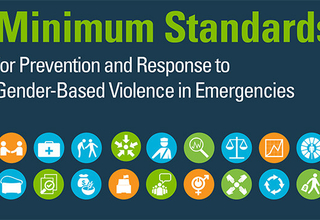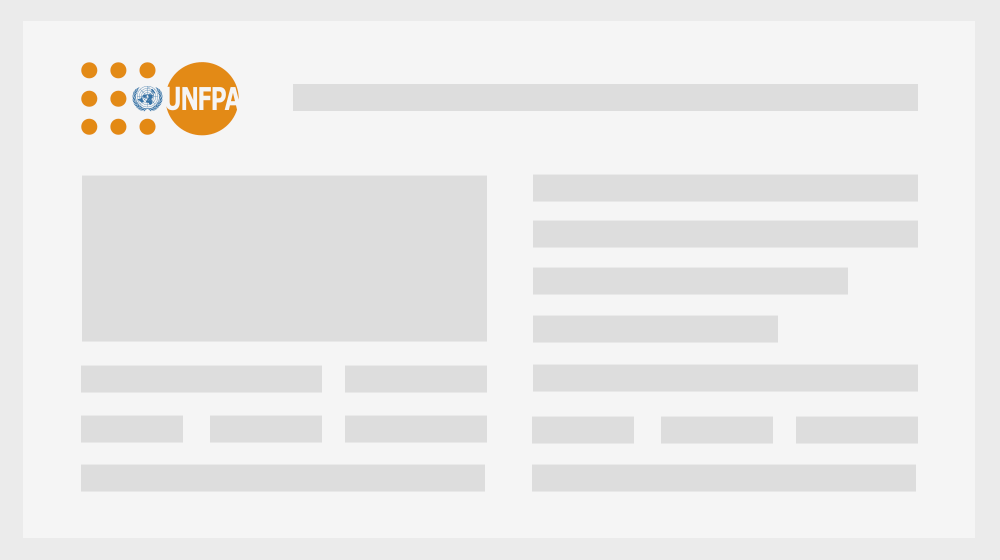You are here
Leaving no one behind: preserving dignity in the wake of disasters
Leaving no one behind: preserving dignity in the wake of disasters
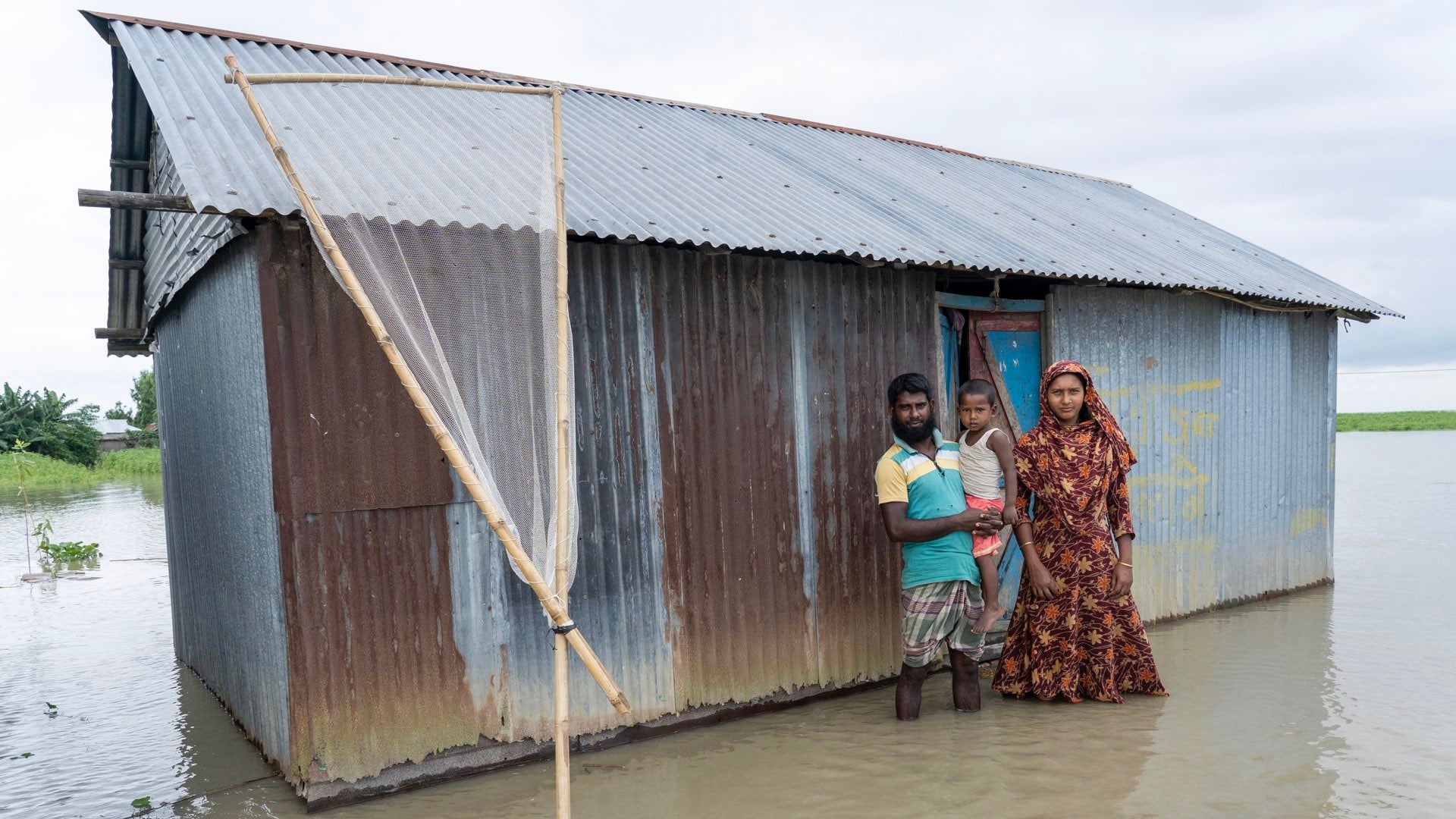
"For the first time in my life, I felt that I was treated like a normal human being", says Kajli, a member of the transgender community in Kurigram District, Bangladesh. During the heavy monsoon rains that flooded the northern and north-eastern districts of Bangladesh in July 2020, leaving millions displaced from their homes, Kajli received a dignity kit from UNFPA which was designed to meet the needs of the transgender community, including items such as clothing, underwear and razors.
In order to reduce the barriers and vulnerabilities that women and girls face during emergencies, UNFPA distributes dignity kits, which contain items like culturally appropriate clothing and underwear, menstrual pads, toothpaste and toothbrush, soap, flashlight, whistle, and information about the services available. Traditionally, dignity kits have been designed to meet the hygiene and protection needs of women of reproductive age. Recently, UNFPA has been diversifying the kits to meet the specific needs of other vulnerable groups such as transgender women, older people, and people with disabilities, made possible by support from Australia through the Regional Prepositioning Initiative.
Transgender women in Bangladesh
In Bangladesh, UNFPA has worked with the transgender community to identify the basic items that they need most during disasters. Although recognized as the third gender since 2013, most of the transgender community - locally known as Hijra community - live in precarious conditions. Misconceptions and superstitions about the Hijra community still exist in society and as a result, they often end up living on its margins. Due to the community’s isolated position, their particular needs are often overlooked in decision-making, which further increases their vulnerability. The tailor-made dignity kits by UNFPA for the transgender community may be a small action, but it makes a big difference.
“My only hope is that interventions like this can change the way society thinks and help include us into the mainstream,” said Kaiji.
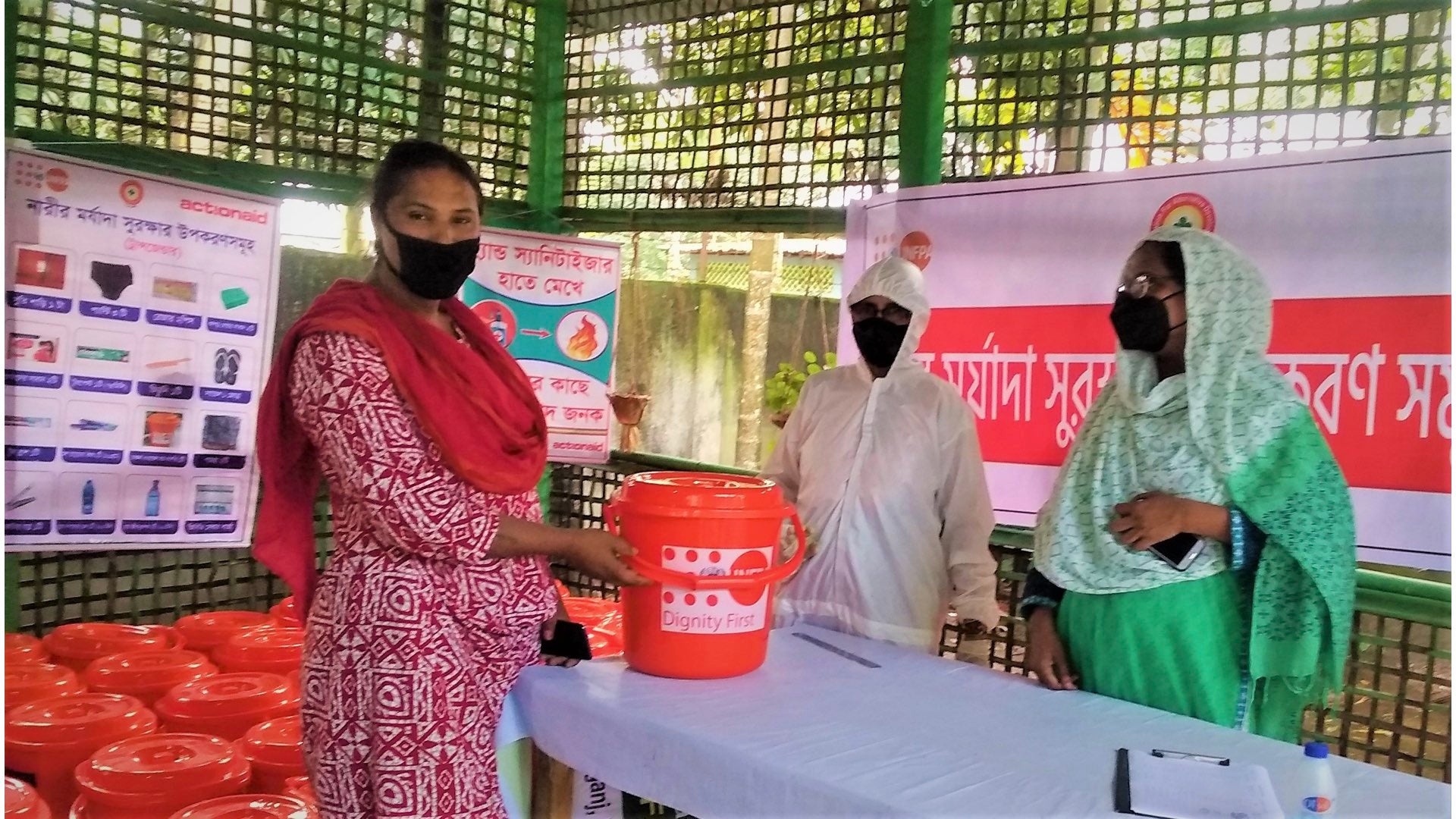
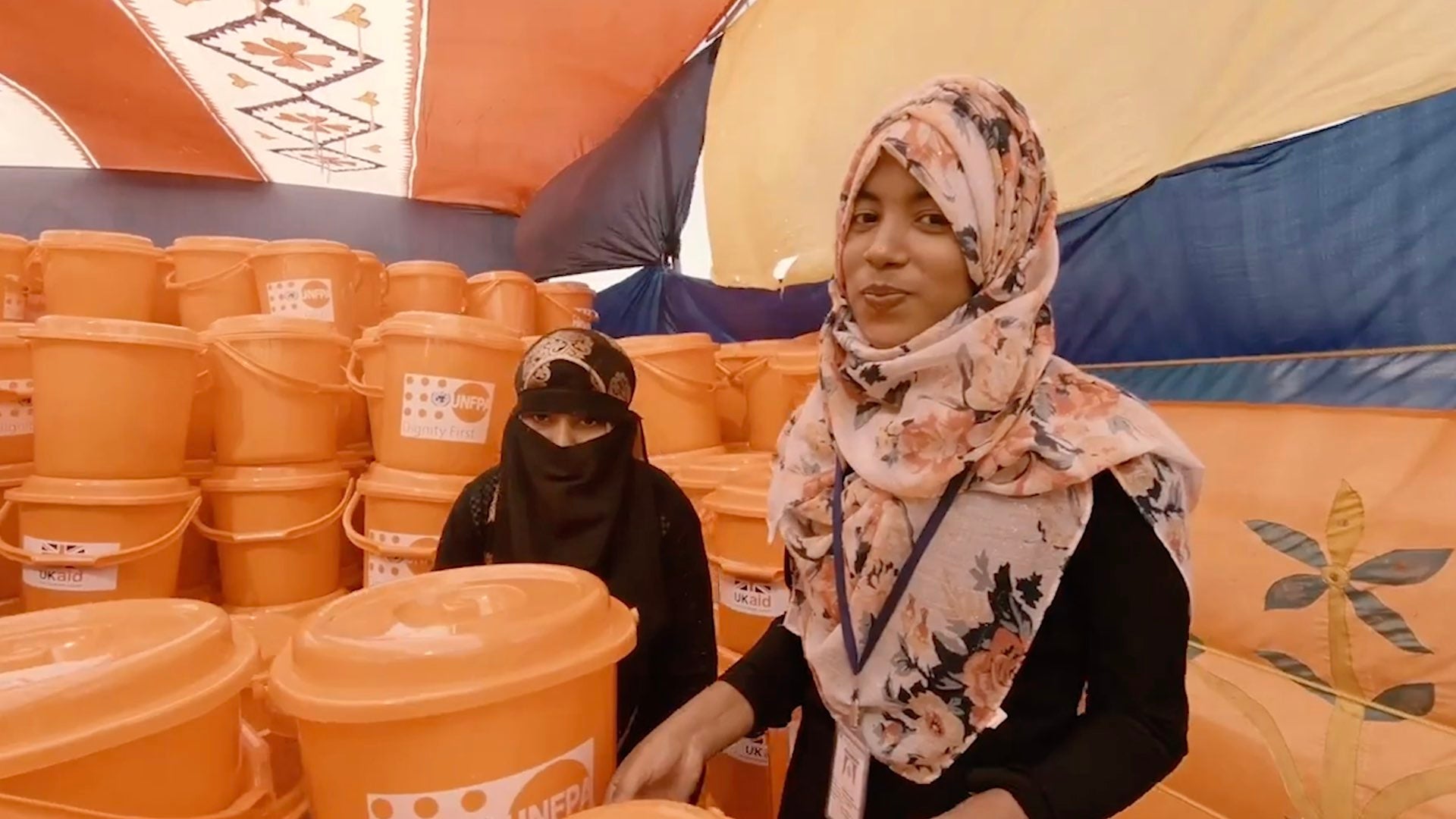
Supporting older persons displaced by disasters in Indonesia
According to Help Age International, while 22% of the global population is over 50, less than 1% of humanitarian aid targets older people. In Indonesia, based on lessons learnt from the 2018 Central Sulawesi earthquake and tsunami, which displaced more than 200,000 people of which an estimated 16,600 were over the age of 60, UNFPA saw the importance of prioritizing the often overlooked needs of older persons in emergency response. UNFPA held focus group discussions with older women and men displaced by the crisis and learned about their specific needs and received inputs on the items that would make a big difference to their wellbeing.
An elderly man living in a temporary shelter in Central Sulawesi who received an elderly kit from UNFPA said “I had a motorcycle accident and the Women Friendly Space volunteers noticed it and gave me an elderly kit which had a walking stick in it that I now use to support me walking after the accident. My wife and I also received glasses to help us read.”
During an emergency, the ability to read enables people to access information, including about the services that are available to them, and supporting their mobility ensures that they can access those services. But there is also an intangible benefit to receiving customised support - you feel like you haven’t been forgotten.
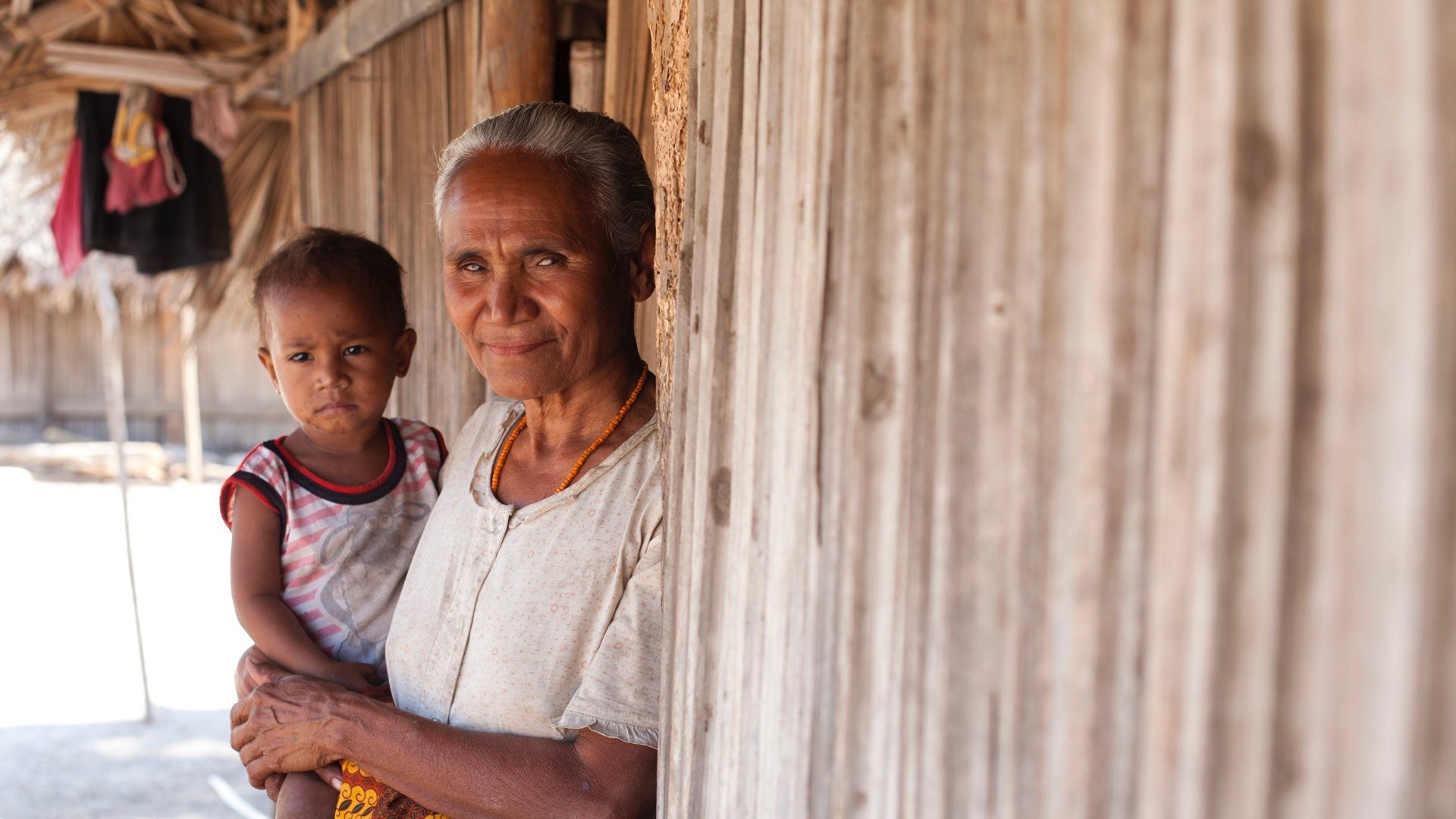
“I feel blessed there is such services to us.
They listened to me.”
-An elderly man living in a temporary shelter in Central Sulawesi who received an elderly kit from UNFPA
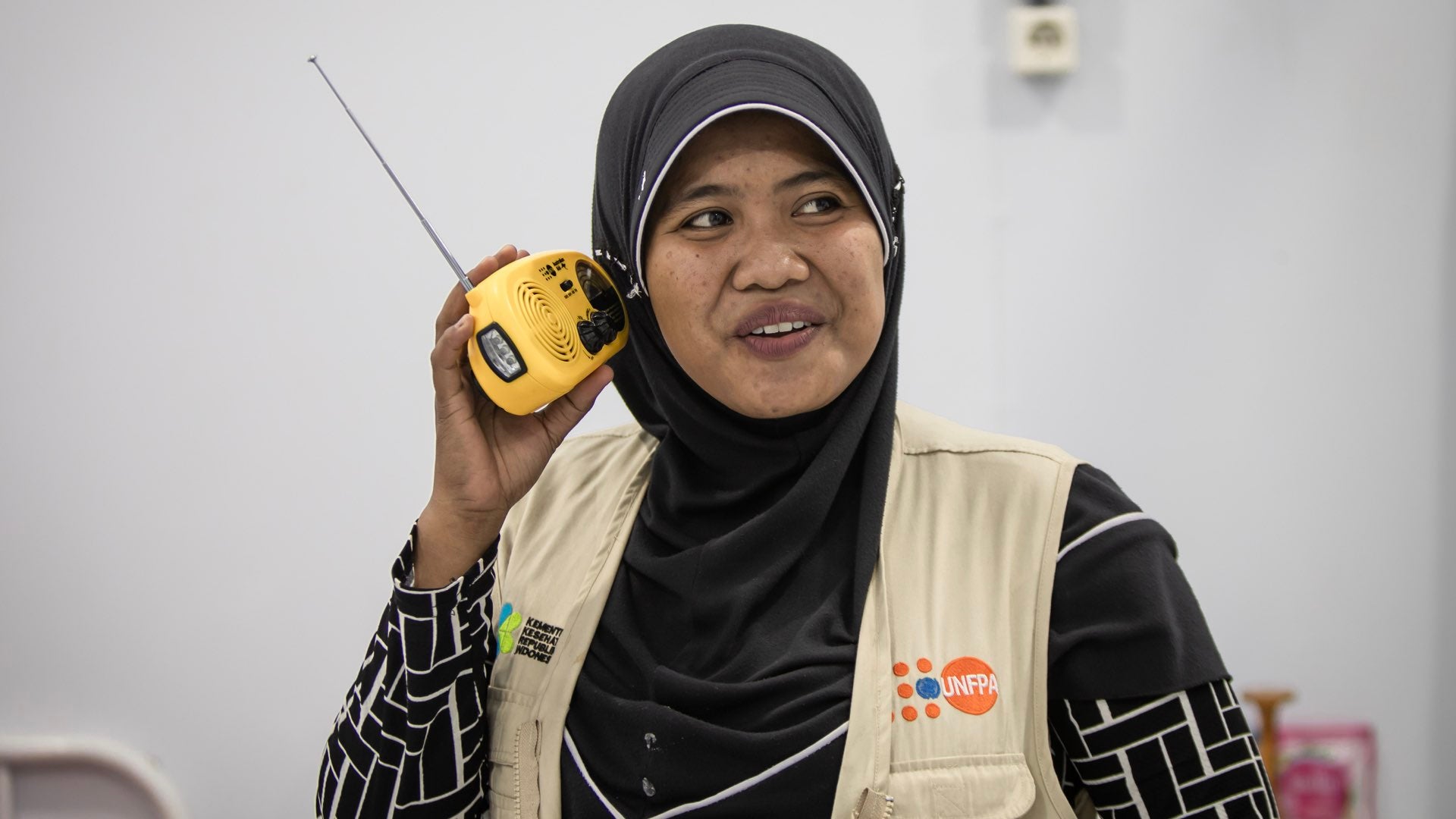
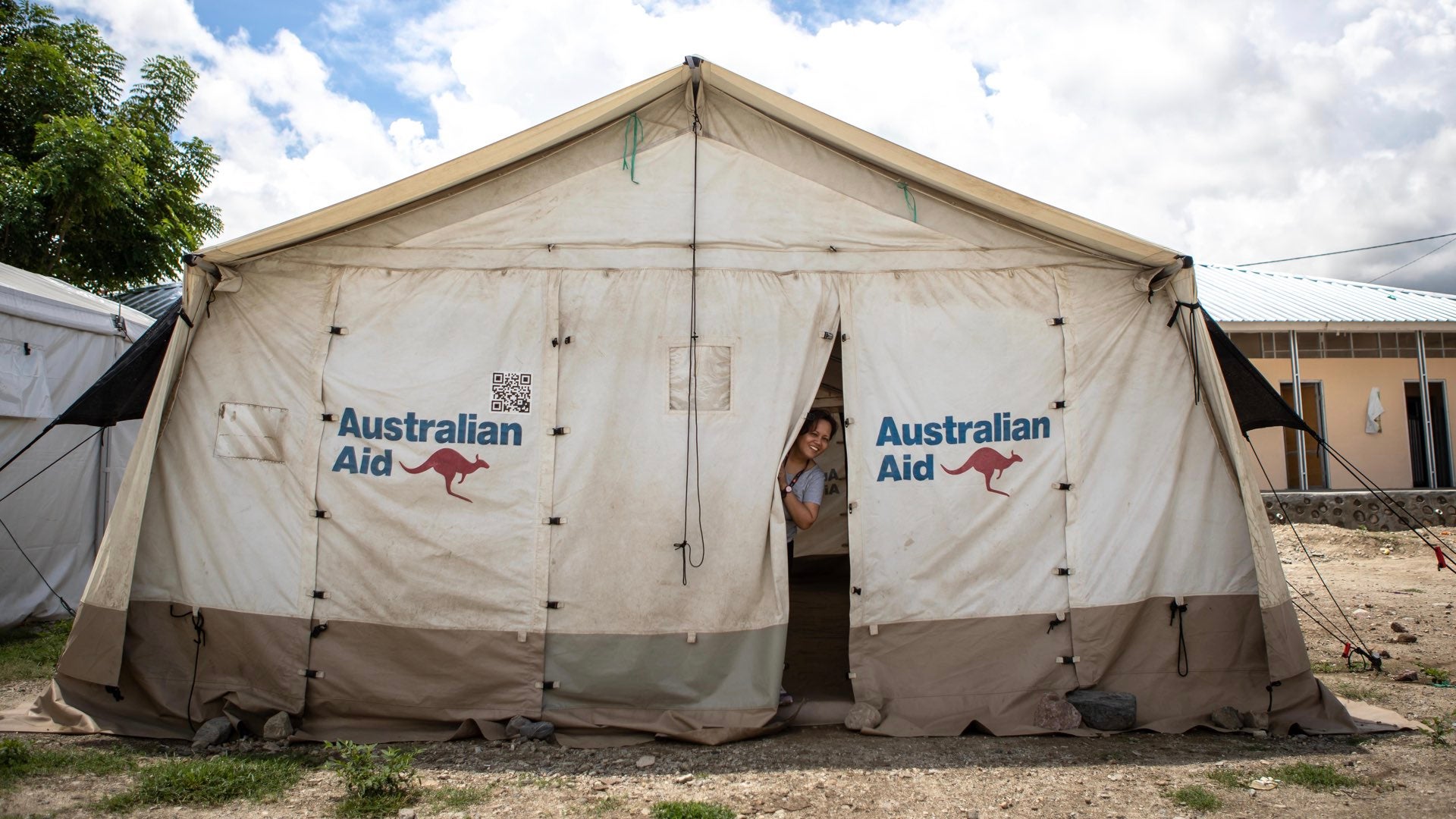
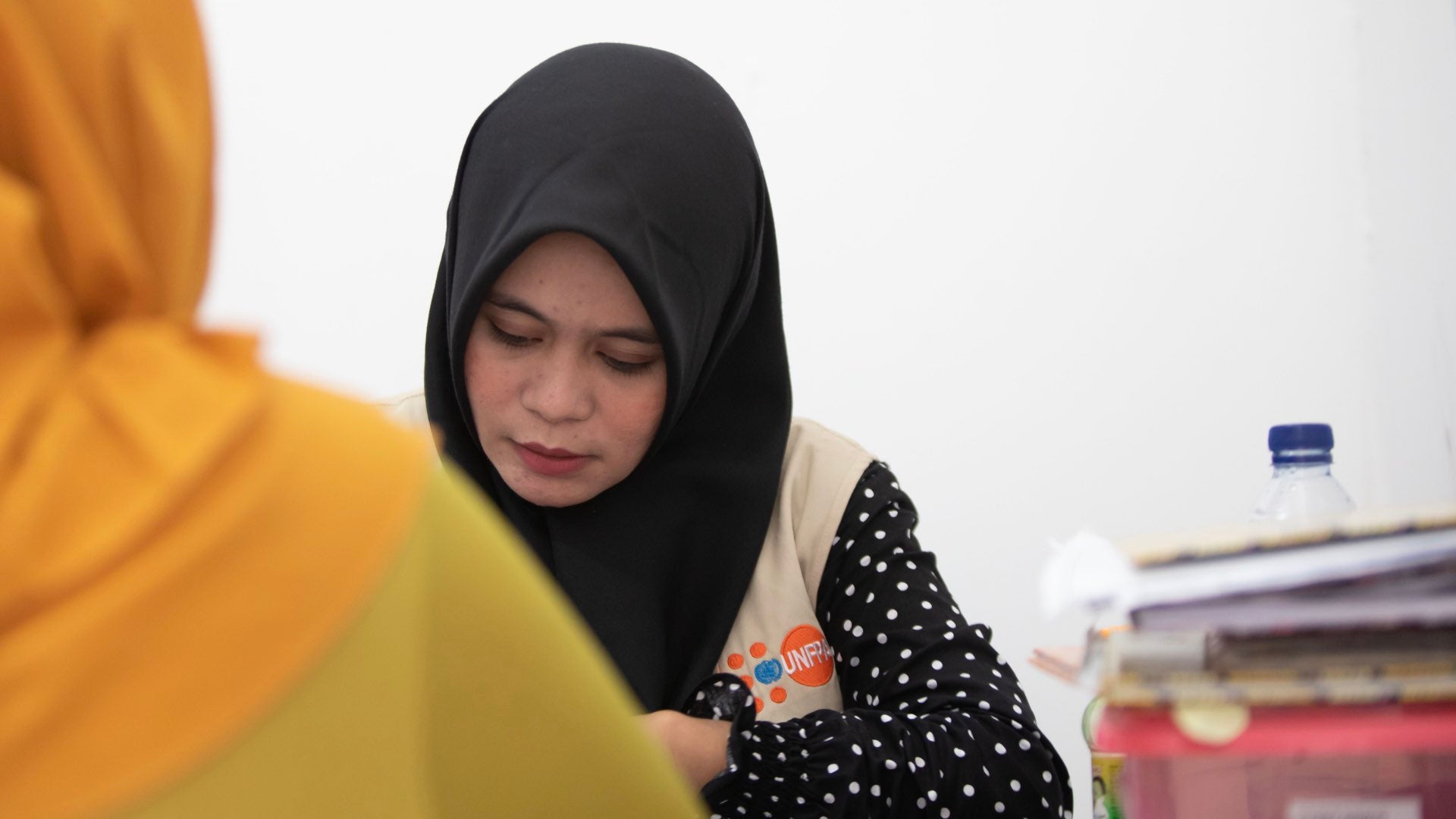
People with disabilities in the Pacific
While an estimated 15% of the world’s population is living with a disability, too often the specific needs of people with disabilities are not considered in both humanitarian preparedness and response. Furthermore, the Pacific is characterized by rates of gender-based violence up to twice the global average and these rates are 2-3 times higher for women with disabilities. The lack of disability inclusion in humanitarian response efforts and an increase in violence during emergencies place women with disabilities in a position of extreme vulnerability.
In order to better respond to these needs, in 2019, UNFPA partnered with the Pacific Disability Forum and IPPF to hold a workshop with Disabled Persons Organisations from six Pacific island countries on Strengthening Gender Based Violence in Emergency Programmes to Support Women and Girls with Disabilities. As part of this workshop, people with disabilities identified how to best customise dignity kits to meet their needs. In addition to the items already included in the standard Pacific dignity kits, such as a lavalava (a printed cloth worn as clothing), the kits for Persons Living with Disabilities include items such as incontinence pads, a plastic sheet, hot water bottle and gloves. Through the Regional Prepositioning Initiative, dignity kits for people with disabilities are now prepositioned in Fiji, ready for distribution in the next emergency.
Humanitarian relief is too often delivered based on inaccurate concepts of family units and must take into account the range of individual needs among those who have been displaced. Strengthening partnerships on the ground to address the unique needs of the most vulnerable helps build resilience of individuals, communities and institutional capacities to ensure the best possible collective outcomes for humanitarian response and recovery. With the generous support from Australia through the Regional Prepositioning Initiative, UNFPA is working to ensure that no one is left behind during emergencies.
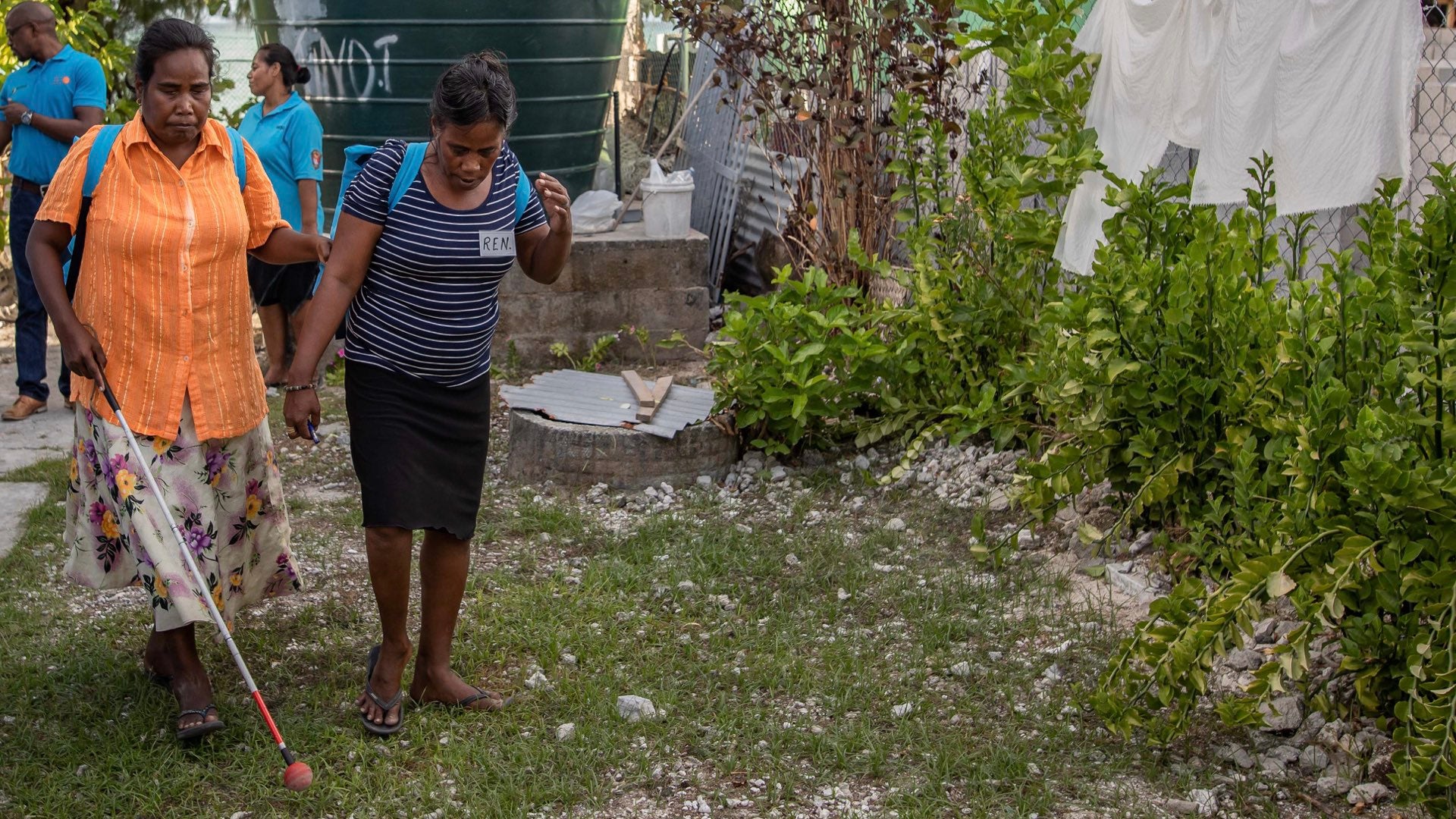
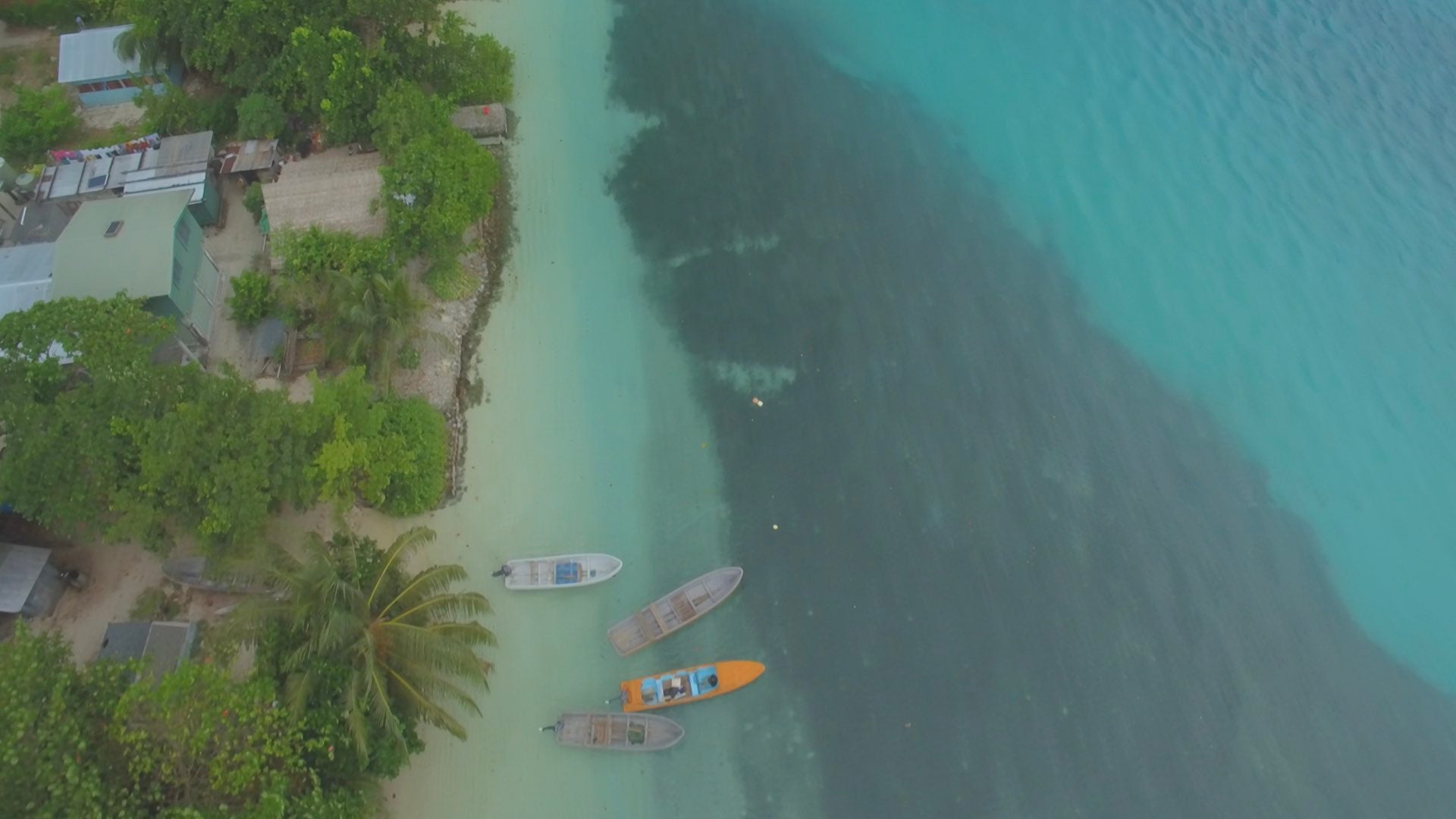
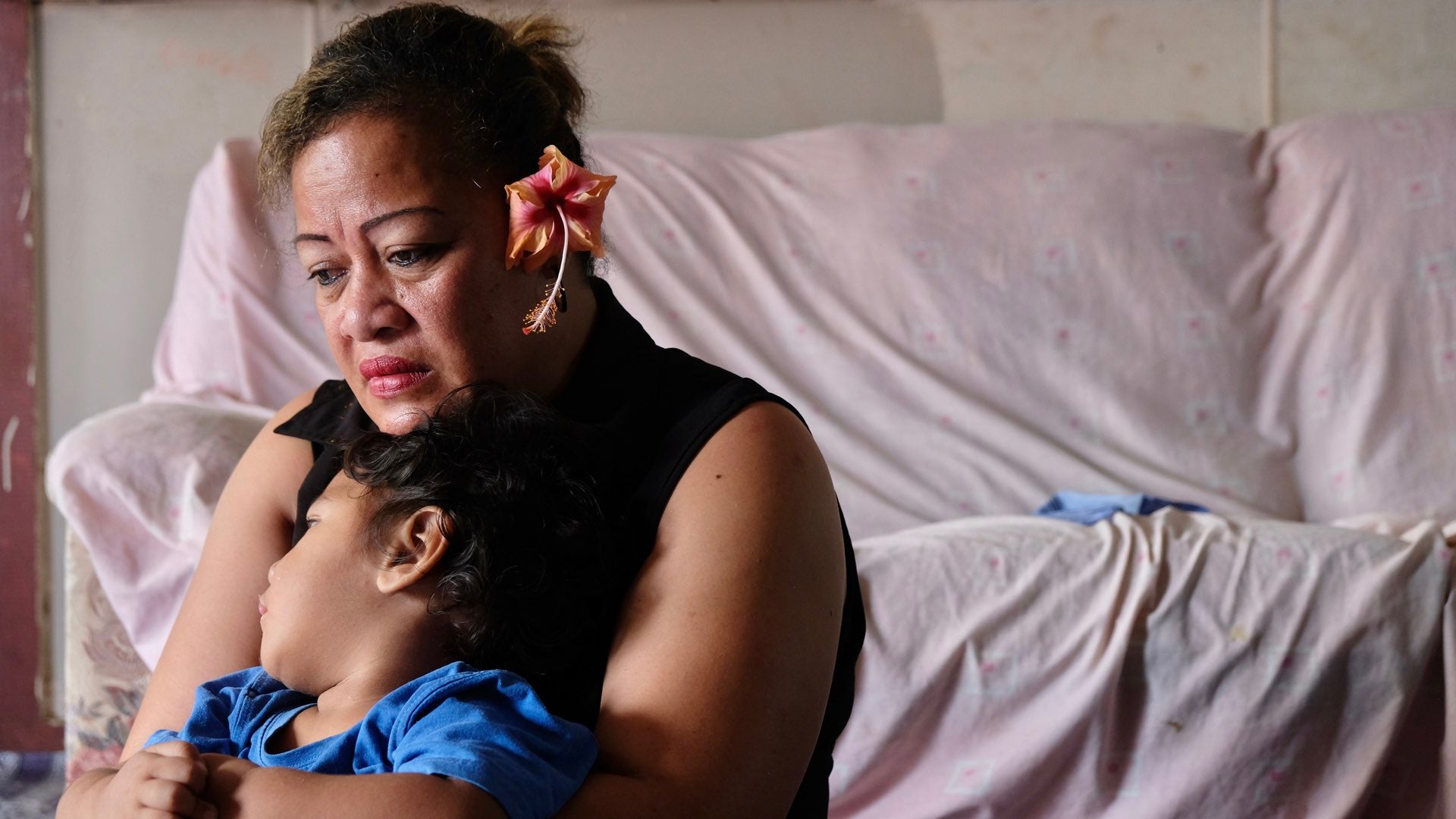
About the Project
The Asia-Pacific region is the most disaster-prone in the world. In order to strengthen preparedness and build resilience, UNFPA’s Asia-Pacific Regional Office manages a flagship programme, the Regional Prepositioning Initiative, supported by Australia, which targets the most disaster-prone countries in the region.
Since 2016 and as of September 2020, the Regional Prepositioning Initiative has reached nearly 140,000 direct beneficiaries with more than US$ 1.6 million worth of essential supplies to meet the sexual and reproductive health needs of women and girls and to prevent and respond to gender-based violence in 54 emergencies across 15 countries.
Prepositioning has dramatically improved UNFPA’s humanitarian response in Asia and the Pacific in terms of speed, quality and efficiency. Prepositioning has also strengthened UNFPA’s reputation and reliability as a humanitarian actor, provided new opportunities to advocate for measures to address sexual and reproductive health and gender-based violence during humanitarian responses, and helped to build trust with governments and other partners.
These outcomes assist UNFPA’s work in relation to the humanitarian, development and peace-building nexus.
UNFPA is thankful to the Government of Australia, through its Department of Foreign Affairs and Trade, for supporting the Regional Prepositioning Initiative.
To find out more, please go to: https://asiapacific.unfpa.org/en/rpi

